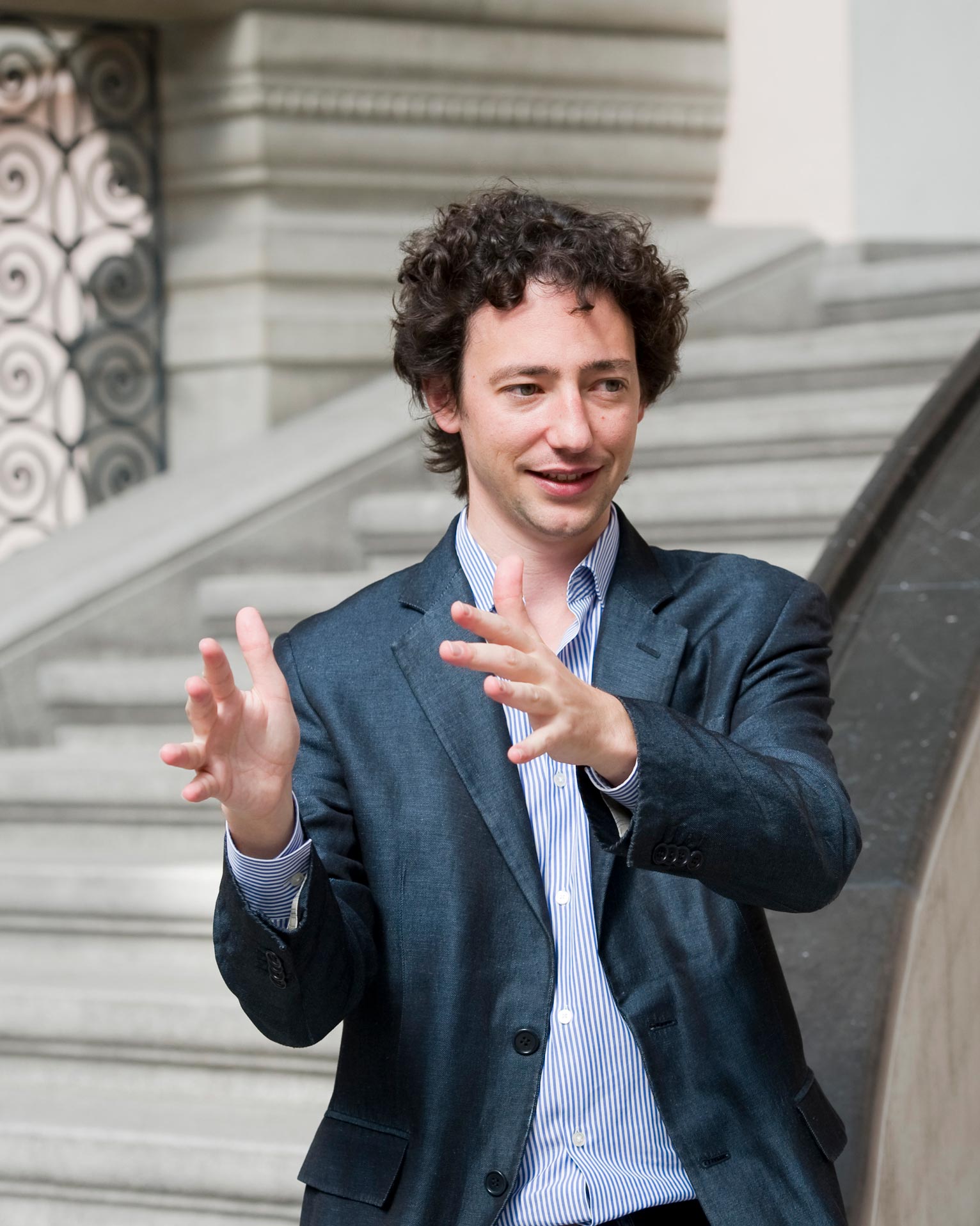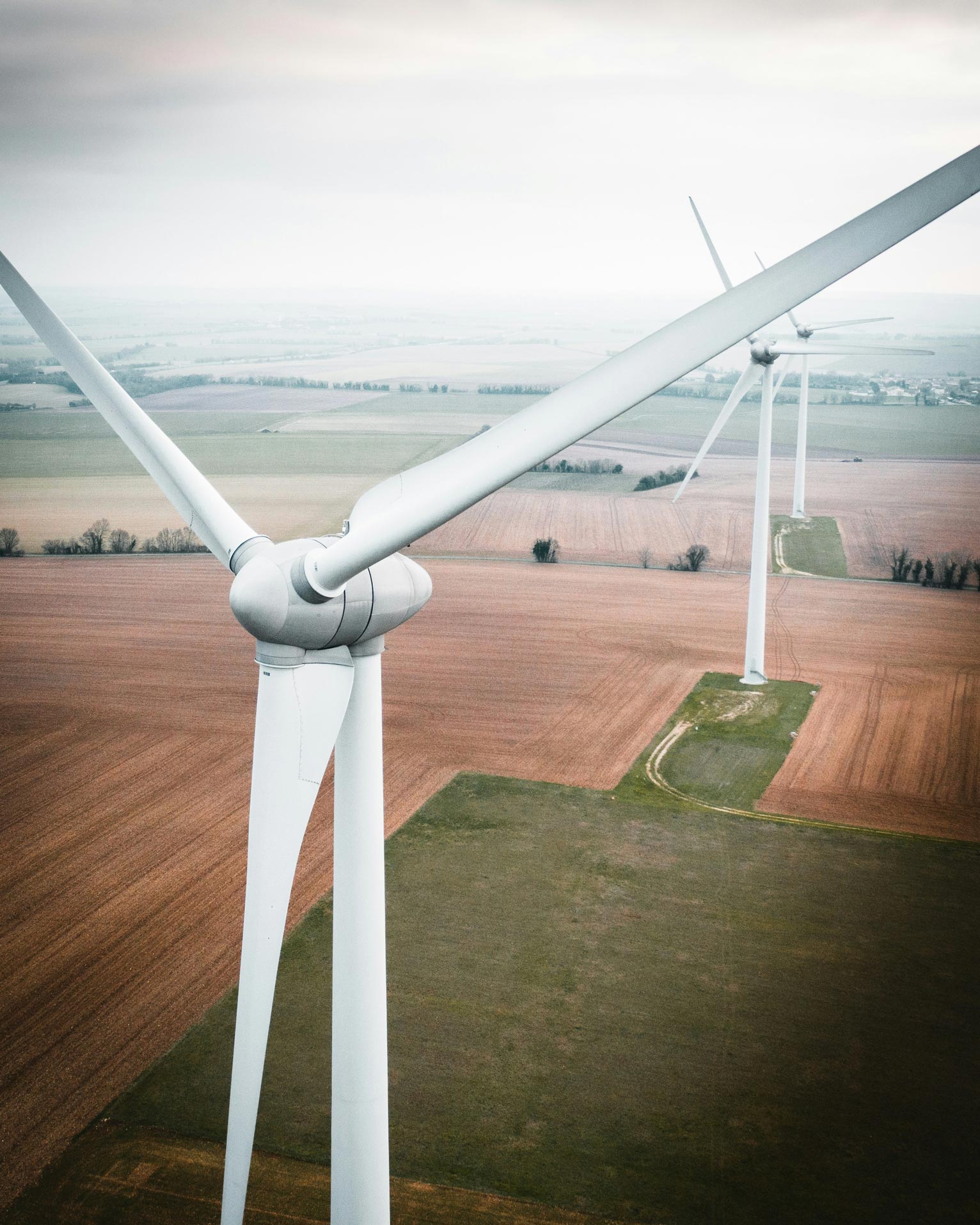Jump directly to
Global energy transition
In a recent paper UBS Foundation Professor David Hémous and the co-authors of the paper advocate for both carbon taxes and green innovation subsidies to minimize social costs and drive innovation towards clean technologies.
This article by UZH Department of Economics was originally published in Research News on 21 May 2024. Edited for layout purposes by the UBS Center.
The global transition away from fossil fuel energy to mitigate the impacts of global warming has garnered widespread consensus among nations. However, the strategies employed to achieve this transition vary significantly across regions. In Europe, carbon pricing and taxes have emerged as the favored tools. Meanwhile, the United States and China are prioritizing industrial policies, such as the Inflation Reduction Act, to drive their efforts.
Traditionally, the spotlight has been on carbon taxes as the primary mechanism for reducing greenhouse gas emissions. But recent research suggests that a more diverse policy approach is needed to effectively tackle the challenge of climate change. A study by Hémous and colleagues introduces a compelling model that advocates for the combination of carbon taxes and green innovation subsidies. This dual approach aims to minimize social costs while simultaneously fostering innovation in clean technologies.
Choice of technology significantly affects emissions
The research underscores the importance of sector-specific industrial policies in facilitating the energy transition. It highlights the necessity of targeted subsidies and strategic complementarities in technology adoption across supply chains to achieve the best outcomes. These sector-specific interventions are crucial, particularly in industries like iron and steel production, where the choice of technology has a significant impact on emissions.
The study makes a strong case for the vital role of policy interventions in steering the economy towards socially optimal steady states. By integrating Pigouvian taxes—levies imposed on businesses and individuals for activities that create adverse side effects for society—with sector-specific subsidies, the research argues that the most favorable outcomes can be achieved. This combination not only helps in reducing emissions but also promotes technological advancements and adoption in critical sectors.
These findings demonstrate that achieving a successful energy transition requires more than just a singular focus on carbon taxes. A comprehensive policy mix, tailored to the specific needs and dynamics of different sectors, is essential for driving the necessary technological shifts and reducing the social costs associated with the transition.
As the world continues to grapple with the urgent need to address climate change, the insights from this study provide valuable guidance for policymakers. The emphasis on a broader policy mix, incorporating both carbon taxes and targeted subsidies, highlights the complexity of the challenge and the multifaceted strategies required to navigate the energy transition effectively. By adopting these comprehensive policies, countries can more efficiently steer their economies towards a sustainable and environmentally friendly future.
In a recent paper UBS Foundation Professor David Hémous and the co-authors of the paper advocate for both carbon taxes and green innovation subsidies to minimize social costs and drive innovation towards clean technologies.
This article by UZH Department of Economics was originally published in Research News on 21 May 2024. Edited for layout purposes by the UBS Center.
The global transition away from fossil fuel energy to mitigate the impacts of global warming has garnered widespread consensus among nations. However, the strategies employed to achieve this transition vary significantly across regions. In Europe, carbon pricing and taxes have emerged as the favored tools. Meanwhile, the United States and China are prioritizing industrial policies, such as the Inflation Reduction Act, to drive their efforts.


References
Transition to Green Technology along the Supply Chain INSEAD Working Paper, 2024, with Philippe Aghion, Lint Barrage and Ernest Liu. read
Contact
David Hémous received his PhD from Harvard University in 2012. He is a macroeconomist working on economic growth, climate change and inequality. His work highlights that innovation responds to economic incentives and that public policies should be designed taking this dependence into account. In particular, he has shown in the context of climate change policy that innovations in the car industry respond to gas prices and that global and regional climate policies should support clean innovation to efficiently reduce CO2 emissions. His work on technological change and income distribution shows that higher labor costs lead to more automation, and that the recent increase in labor income inequality and in the capital share can be explained by a secular increase in automation. He has also shown that innovation affects top income shares. He was awarded an ERC Starting Grant on 'Automation and Income Distribution – a Quantitative Assessment' and he received the 2022 'European Award for Researchers in Environmental Economics under the Age of Forty'.
David Hémous received his PhD from Harvard University in 2012. He is a macroeconomist working on economic growth, climate change and inequality. His work highlights that innovation responds to economic incentives and that public policies should be designed taking this dependence into account. In particular, he has shown in the context of climate change policy that innovations in the car industry respond to gas prices and that global and regional climate policies should support clean innovation to efficiently reduce CO2 emissions. His work on technological change and income distribution shows that higher labor costs lead to more automation, and that the recent increase in labor income inequality and in the capital share can be explained by a secular increase in automation. He has also shown that innovation affects top income shares. He was awarded an ERC Starting Grant on 'Automation and Income Distribution – a Quantitative Assessment' and he received the 2022 'European Award for Researchers in Environmental Economics under the Age of Forty'.